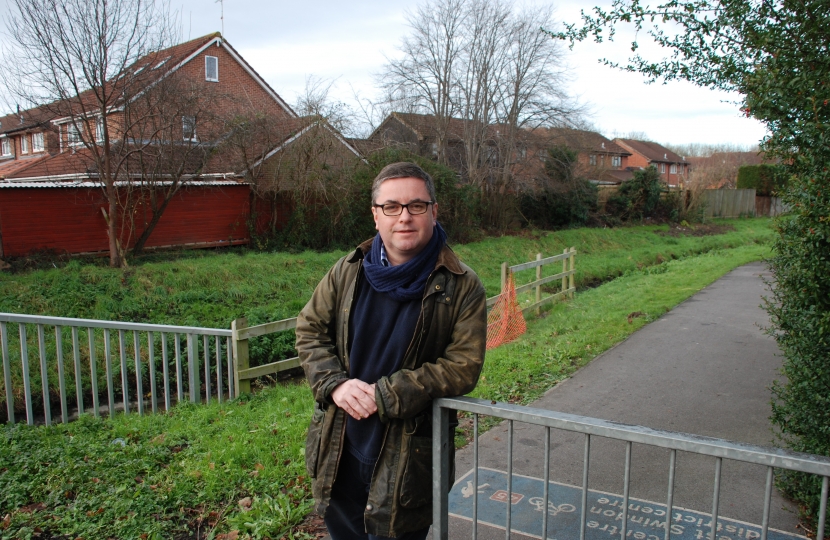
The very sensitive issue of assisted suicide will be debated on a new Private Member’s Bill this month. It is one that I give a lot of thought to and only this week I learnt of an old friend of mine who has been diagnosed with a life limiting illness. I have discussed the issue many times with residents in my summer surgeries and I would like to thank everyone for their emails and letters. Coping with terminal illness is distressing and difficult both for the patient and their families. These cases are truly moving and evoke the highest degree of compassion.
As it currently stands the law states that assisting or encouraging suicide is a criminal offence for which the maximum penalty is 14 years' imprisonment. The Director of Public Prosecutions (DPP) published guidelines primarily concerned with advising the Crown Prosecution Service (CPS) prosecutors about the factors which they need to consider when deciding whether it is in the public interest to prosecute a person for assisting or encouraging another to commit suicide.
The House of Commons has discussed the DPP's guidelines and these were unanimously commended as being a compassionate and measured way of dealing with one of the most emotionally-charged crimes in the statute book. However, they do not change the law; assisting or encouraging suicide has not been decriminalised.
The DPP has now further clarified the CPS Policy on the likelihood of prosecution of health care professionals, to specify that the relationship of care will be the important aspect and it will be necessary to consider whether the suspect may have been in a position to exert some influence on the victim. I believe the application of the law should be flexible enough to distinguish the facts and the circumstances of one case from another. To this end, the DPP's policy offers important and helpful guidance.
I fully accept that suicide, assisting or encouraging suicide, assisted dying and euthanasia are all subjects on which it is entirely possible for people to hold widely different but defensible opinions. This is why the substance of the law in this area is not a matter of party politics but of conscience. Should the law in this area ever be altered, it is neither a matter for Government to decide, nor a matter for the judiciary, but ultimately a matter for Parliament and therefore it will be a free vote.
Everyone would agree that terminally ill patients should receive the highest quality palliative support and end-of-life care, and that they and their families should be certain that their end-of-life care will meet all of their needs. With that in mind, I welcome the Department of Health's End of Life Care Strategy which is intended to improve access to good quality palliative care and encourage the Government further to develop specialist palliative care and hospice provision. From my own regular visits to Prospect Hospice, I know the wonderful palliative care that is given to patients that are able to die with dignity.
I accept that there are imperfections and problems with the current law, but I think that these can be dealt with sensitively and sensibly without having a new law that brings in euthanasia. Although the DPP's policy makes clear that assisting a person to die is still illegal, I am deeply concerned that well-intentioned legislation in this area will lead to worrying consequences. Individuals and clinicians will be put in very difficult situations, and I am concerned that a right to die will become more of a duty to die.
This Friday, I am hosting another advice surgery at my offices in Wood Street. This is by appointment and if you would like to book a time, then please call my office on 01793 533393.



